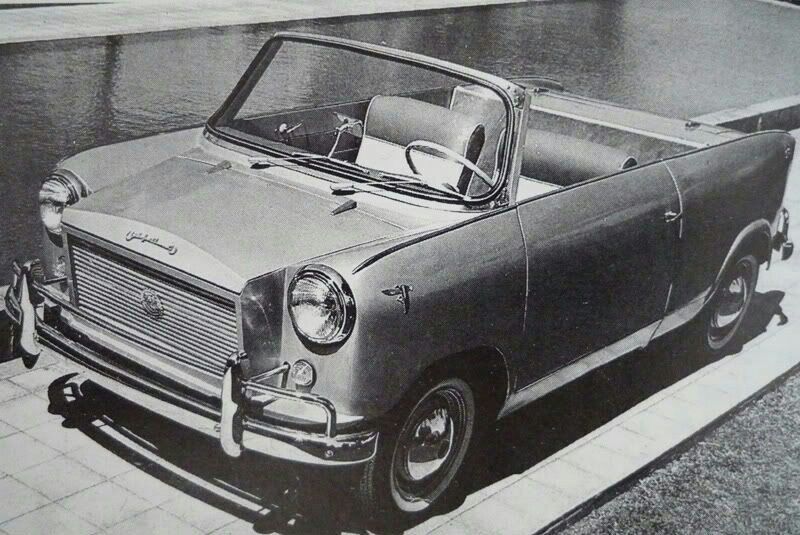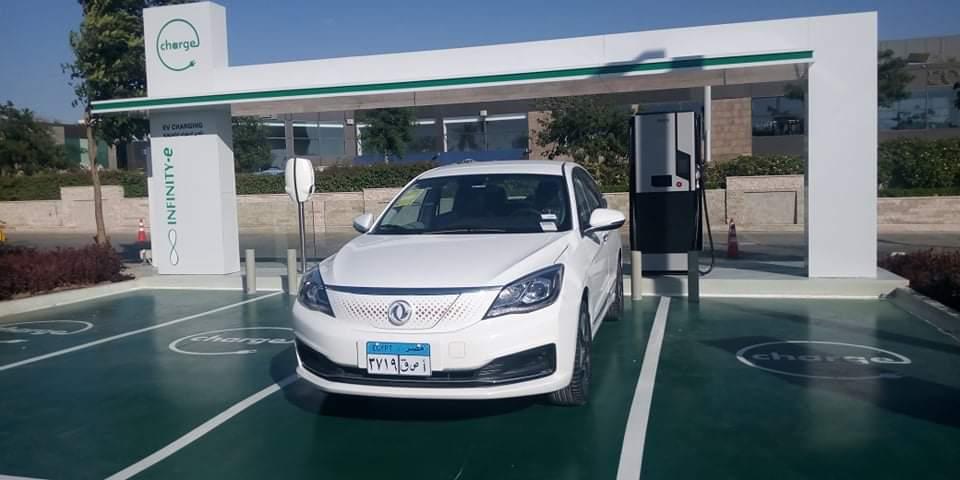More than 60 years ago, El-Nasr Automotive Company was born from a vision to establish Egypt as one of the region’s first major automotive industry players. Today, despite a two-decade-long setback, the Egyptian household name is making a comeback.
Founded in 1960 under a presidential decree by President Gamal Abdel Nasser, it became the first car manufacturer in Egypt and the entire Middle East, laying the groundwork for local automotive production. The move was part of a broader national initiative aimed at industrial development as there was no local car manufacturer yet.
Initially, the company thrived by partnering with renowned manufacturers like Germany-originated NSU and Italian-based Fiat, leading to the production of iconic models such as the Nasr 1100 and Nasr 125. These vehicles, built in Egypt, became popular for their durability and represented a significant achievement in Egyptian industrialization with a total production of 473,756 vehicles.
The debut of the Ramses in 1962, as the world’s cheapest car at the time, captured international attention as it was priced at just EGP 200 (USD 4.05 ).
Celebrated for its affordability and reliability, the Ramses became favored amongst many Egyptian families. It even made headlines beyond the borders of Egypt, proving that an Arab-made car could compete on the world stage.

The success of these models in the 1960s and 1970s marked a golden era for Nasr Automotive, as it not only supplied the local market, but also began to export vehicles to neighboring countries such as Libya, Iraq, and Sudan.
However, the late 1990s brought challenges that the company struggled to overcome.
A combination of mismanagement and increased competition from foreign automakers led to financial troubles that became increasingly difficult to manage.
By the early 2000s, the automobile landscape had shifted dramatically, with the influx of modern vehicles from global manufacturers posing a serious threat to Nasr’s market share.
Despite efforts to revitalize the brand and update its offerings, the company’s decline culminated in its liquidation in 2009.
Yet, recent developments signal a remarkable turnaround for the iconic manufacturer.
In November 2024, the Egyptian cabinet announced the resumption of production. Mostafa Madbouly, Egypt’s Prime Minister, revealed El-Nasr’s comeback which will see the company returning to traditional vehicle manufacturing as well as embracing the future of transportation with plans to produce electric vehicles.
In light of the growing global emphasis on sustainable practices, El-Nasr Automotive is strategically aligning itself with these trends.
With plans to produce two categories of electric vehicles, the pricing strategy aims to make these cars accessible to a broad segment of the population, further driving adoption.
In addition to manufacturing electric vehicles, El-Nasr Automotive is expected to play a pivotal role in developing the infrastructure needed to support this transition. Such a strategy includes establishing charging stations and service centers across the country, which will be crucial for encouraging the adoption of electric vehicles among Egyptian consumers.
Moreover, the collaboration with the National Automotive Company (NATCO) to establish Egypt’s first electric car distributor highlights the strategic direction of this revival. With NATCO holding a controlling stake, the partnership aims to streamline the distribution of electric vehicles while also importing models from international manufacturers.







Comments (0)